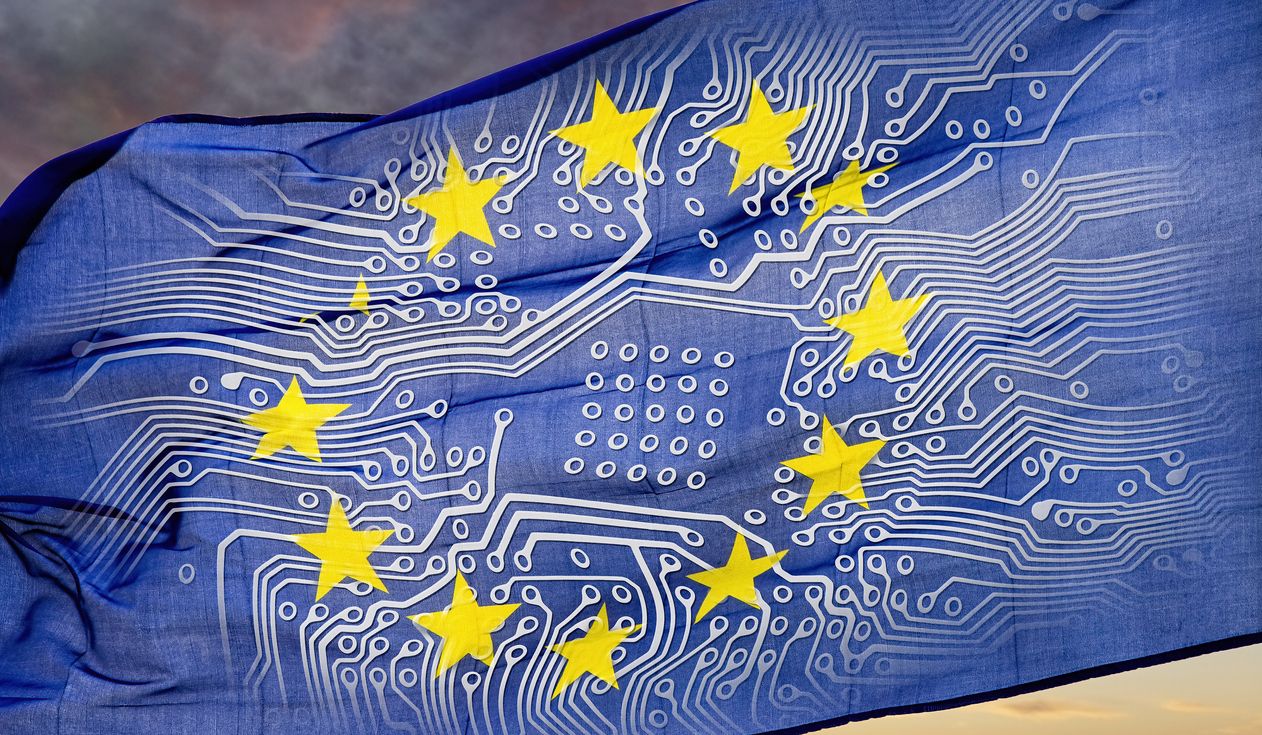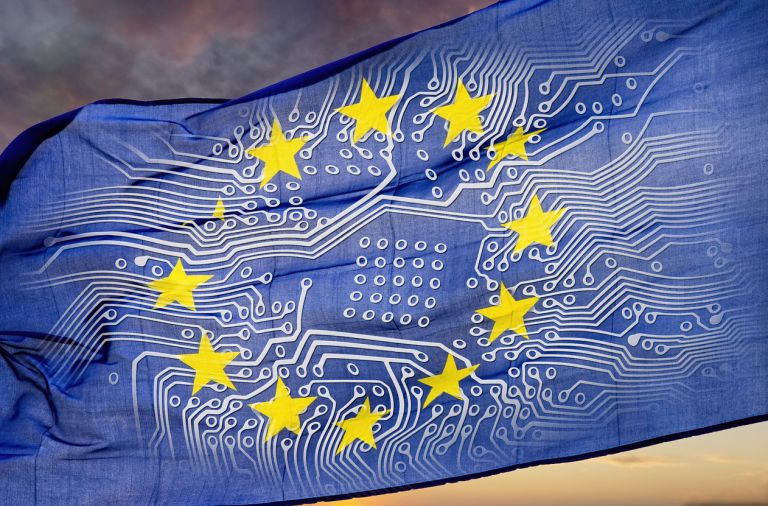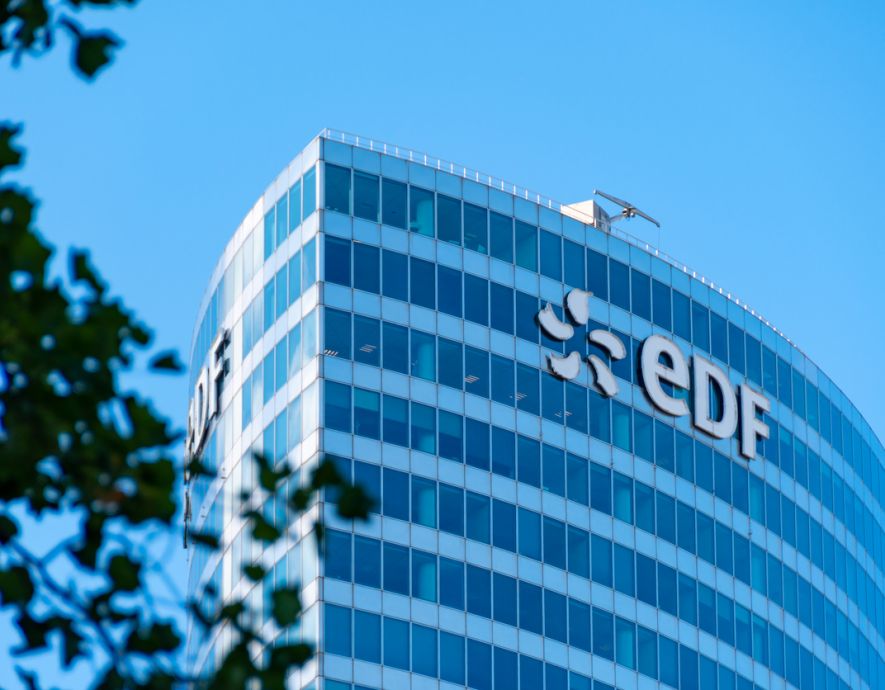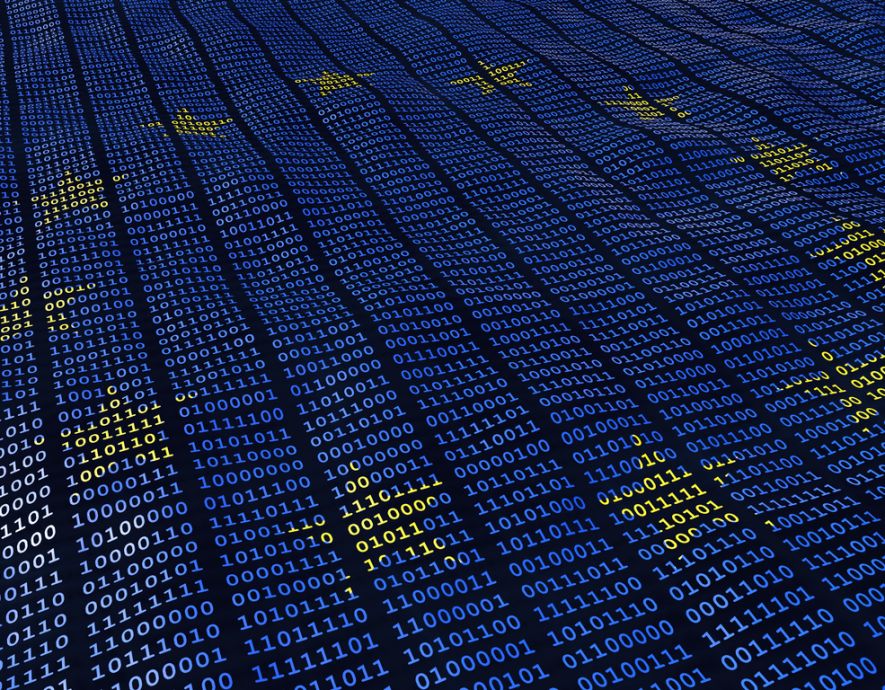
- Home
- Digital Sovereignty
- IMessage, Bing and Edge will not be subject to DMA
iMessage, Bing and Edge will not be subject to DMA


However, other Apple and Microsoft services will have to comply with requirements for European digital market “gatekeepers”.
On February 13, 2024, the European Commission announced four Apple and Microsoft services (iMessage, Bing, Edge and Microsoft Advertising) would not be subject to the Digital Markets Act (DMA). The European regulation, which will come into effect on March 7, 2024, sets significant requirements for tools considered “gatekeepers” of the European digital market. The DMA will apply to digital services with at least 45 million private and/or 10,000 corporate monthly users throughout the European Union.
In September 2023, the Commission submitted a preliminary list of 22 tools belonging to six industry leaders. At the time, the European executive branch also launched an investigation into four other services likely to join the list. One belongs to Apple, the iMessage service, and three to Microsoft: the Bing search engine, Edge browser and Microsoft Advertising.
Apple rebutted that iMessage was simply a feature within the software that manages text messages under iOS, and was not used enough beyond this purpose to have to be DMA-compliant. The Commission acknowledged this argument and did not add iMessage to the list. However, other Apple services, namely Safari and the App Store, remain within the DMA’s scope.
In the same manner, the Commission deemed Bing, Edge and Microsoft Advertising were not popular enough in Europe to merit DMA implementation. Therefore only two Microsoft services will have to comply with the regulation: Windows and the employment social media platform, LinkedIn.
Nonetheless, the Commission reminded the industry that the DMA will adapt to digital market developments. If one of the exempt services were to grow more popular and meet regulation criteria, the Commission would review its decision.
the newsletter
the newsletter



